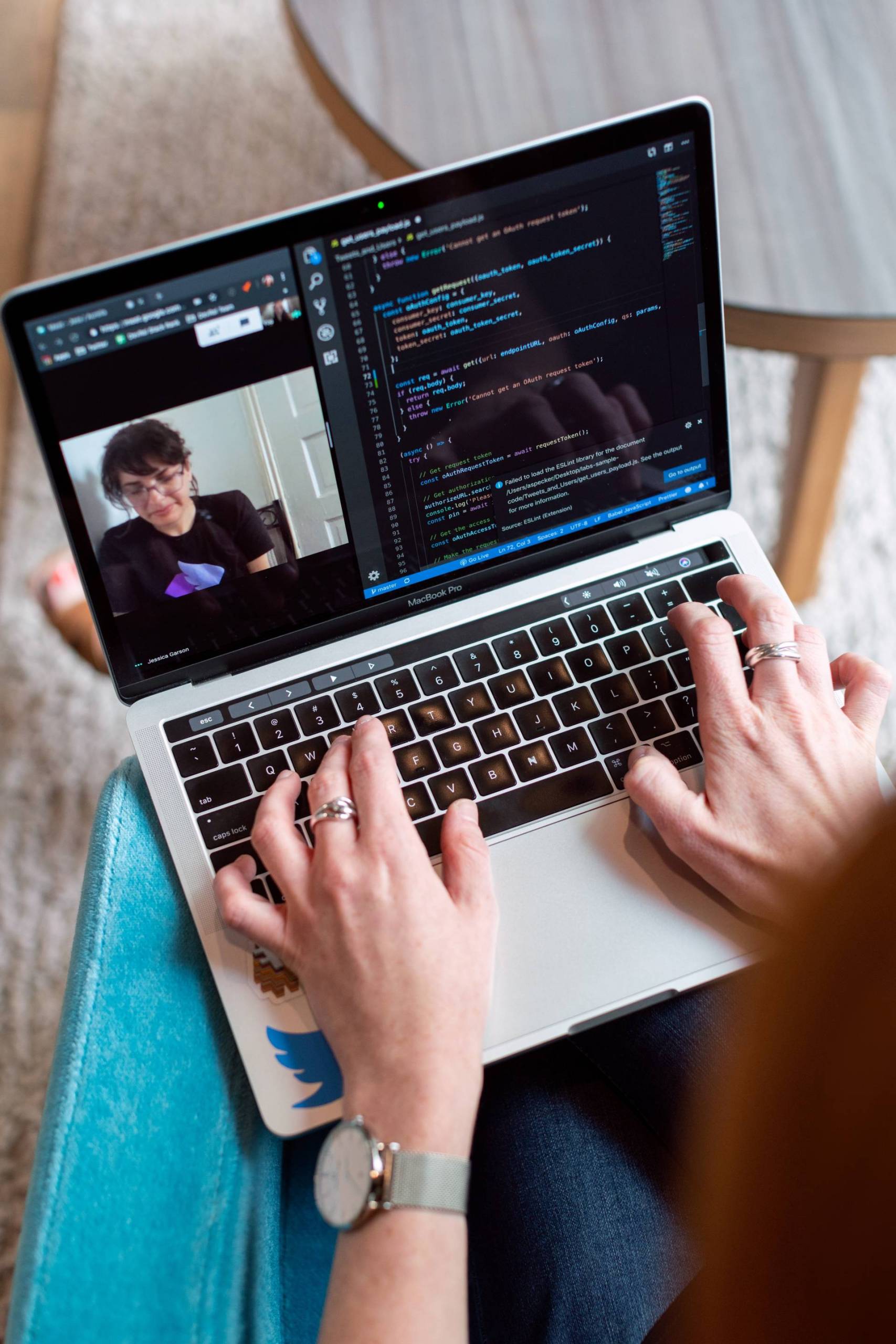Many individuals, even retail specialists who have spent their careers in the field, are curious (and cautious) about being in the Metaverse.
The retail Metaverse is on fire, and here are some ways small- to mid-sized businesses can benefit.
In October 2021, Facebook, Inc. changed its name to “Meta” and announced multibillion-dollar expenditures in Metaverse technology. Indeed, launching the Metaverse into public awareness.
However, the move has many skeptics. Meta admitted that the Metaverse wouldn’t develop overnight. Moreover, it may take 10 to 15 years for retail Metaverse goods to be “completely realized.” Think what that means for fintech!
Hangouts on the internet?
“It’s a digital place to hang out,” said Lindsey Mazza. Mazza is a leader at Capgemini, a global retail supply chain domain leader. We were addressing issues via video chat.
More than that, it’s an immersive event, one in which we spend time and congregate with friends and family to create new digital and real experiences.
The transition to digital has been ongoing for some time. Many firms are already testing online games, where and how people consume movies or music, and the transition to a “Metaverse.”
For many, thinking about platforms like Roblox, where shops are starting to develop virtual real estate in the internet environment, is the simplest way to conceptualize the Metaverse.
Forever 21, a fast-fashion retailer, has opened a virtual shop on Roblox. Consequently, because the shop was so popular, the company manufactured tangible things similar to those offered in the virtual store.
People want to bond with their avatar and want to be able to experience things in both the actual and digital worlds, argues Mazza.
Many online merchants have already introduced augmented reality (AR) to their eCommerce systems as a first step toward blurring the borders between the physical and digital worlds.
Augmented reality (AR) applications included.
Using AR applications from prominent vendors such as Ikea and Wayfair, you can see how furniture and design goods might appear in your house.
You may digitally “try on” frames for glasses before purchasing them online. Therefore, you can even get a virtual makeover to see what products and colors would look best on your face using applications from cosmetics firms such as Mac and Maybelline.
One metaverse vision is a future in which all of these applications link together. That is to say, enabling buyers to digitally put on make-up and glasses simultaneously, with a smooth purchase process, https://www.papsociety.org/accutane-isotretinoin/.
Giant corporations are adopting augmented reality. Digital platforms have begun to roll out tools to assist small enterprises in offering virtual experiences.
Shopify, for example, allows 3D models on its product sites so that shoppers can examine things in AR and has specialists ready to assist design those 3D models.
Another vision for what the Metaverse may become is the growth of shopping on social media. Consequently, TikTok has already made strides in this area, and as a result, the Metaverse is becoming more attractive, alluring, and broadly accepted than ever before. Many consumers under 30 have never been to a shopping mall.
Test, then retest.
This may seem difficult for a small firm.
Still, a seismic change has increased access to the digital world across all generations in the past two years. Consequently, the ordinary customer is prepared to embrace this new buying option.
Don’t rush in with generating digital items too immediately, Mazza urges small enterprises. Therefore, test this market by establishing locations to hang out.
Let’s make it a place where your consumers feel at ease, where they can ask inquiries, and where they can buy tangible things. Stick to what you’re truly excellent at, what you’re familiar with — the items you already offer.
Examine and improve.
Due to the pandemic, practically all merchants were obliged to embrace internet retailing quickly. It’s now time for small companies to evaluate their online services and, most importantly, to optimize their online presence.
Mazza is unequivocal. If you just do one thing to prepare for the Metaverse, it should be to devise a plan for selling your physical goods digitally.
How can you include a place in the Metaverse where you can build an experience for your customers, especially if you’re doing it online? If you have an app? If you have a mobile site?
Small companies may build a space where they can communicate with their consumers in a new manner. However, that is to say, establish a shop in a new town. Therefore bring items to them in a new location, with an immersive experience — it’s the future!
According to Mazza, 2022 is when major brands will begin to explore the Metaverse. They have an immense hunger for these sorts of initiatives and are willing to spend a lot of money on them. Small enterprises must ensure that they do not fall behind.

